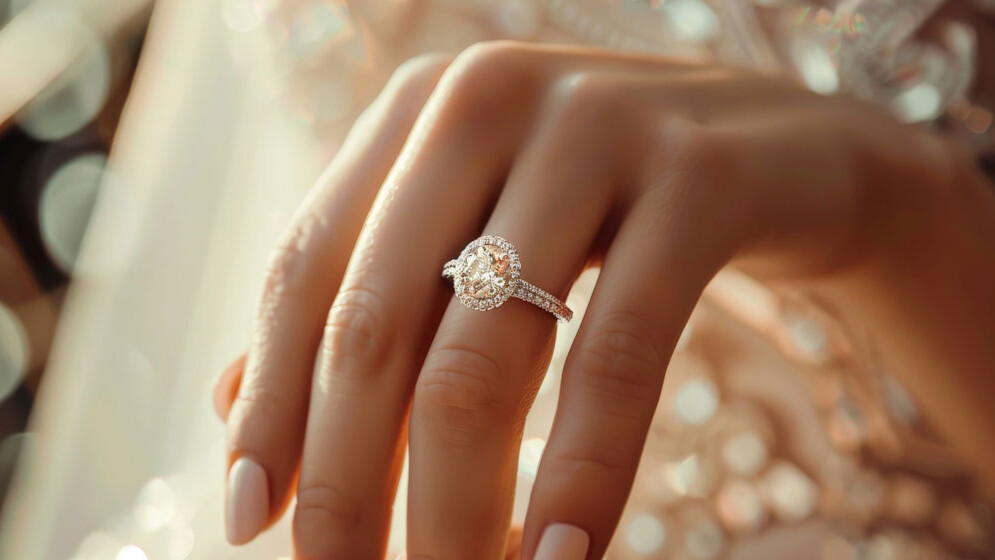Photo: Richafuji/Shutterstock
You’ve found the right partner; you’ve found the right ring; and your fiancee accepted. Now imagine your fiancee unexpectedly breaks off the engagement. You are devastated. Your friends tell you there are plenty of fish in the sea. You’ve returned her favorite CDs and she’s returned your college sweatshirt. But who keeps the engagement ring?
The Virginia Supreme Court recently decided this very question in the case of McGrath v. Dockendorf, No. 160262, 2016 WL 7243097 (Va. 2016). In McGrath, Ethan proposed to his fiancee Julia with an impressive two-carat, $26,000.00 engagement ring. Julia accepted and took the ring. About a year later, Ethan broke off the engagement. Ethan and Julia never married. Julia did not return the engagement ring. Ethan filed a detinue action (a suit seeking the return of specific property, or in the alternative, a judgment for its value) in Fairfax County Circuit Court.
The Fairfax County Circuit Court found that the engagement ring was a conditional gift and held that Ethan was entitled to its return or a judgment for its value. Julia appealed to the Virginia Supreme Court.
On appeal, Julia argued (i) that Virginia Code Section 8.01-220 (the “Heart Balm Statute”) prevented Ethan’s suit, and (ii) that she should keep the ring. A bit of history: believe it or not, Virginians used to be able to sue their former fiancees for broken engagements. However, due to the difficulty of measuring damages and the potentially scandalous material involved in such suits, the Virginia General Assembly enacted the Heart Balm Statute to prevent such suits.
The Virginia Supreme Court rejected Julia’s Heart Balm Statute defense. The Court held that Virginia common law recognized a former fiancee’s right to recover an engagement ring under the doctrine of a conditional gift. A conditional gift is a gift given to a person upon the condition of the occurrence of a certain event. The Court held that Virginia’s Heart Balm Statute did not prevent a fiancee from suing to recover an engagement ring under a conditional gift theory.
To arrive at this conclusion, the Court examined the Heart Balm Statute’s language. The Court held that such statute bars only the following types of suits: (i) the alienation of affection, (ii) breach of promise to marry, and (iii) criminal conversation. The Court pointed out that the statute did not prevent a fiancee’s suit under a conditional gift theory. The Court also pointed out that if the General Assembly intended to prevent suits to recover engagement rings, it could have inserted that language in the statute. The Court also reasoned that Julia’s argument that the Heart Balm Statute barred this suit was too broad. The Court pointed out that her argument, if accepted, would serve to prevent suits for breach of contract by caterers or venues in the wake of cancelled weddings.
Having rejected the Heart Balm Statute defense, the Court examined the case under the conditional gift doctrine. In this case, the marriage of Ethan and Julia was the “condition” of the conditional gift. It was undisputed that the marriage did not occur, and therefore the gift to Julia failed. The Court affirmed the trial court’s judgment in favor of Ethan for the return of the engagement ring or a monetary judgment for its value.
The doctrines of conditional gift and detinue are also relevant in the arena of estate litigation. Frequently such disputes involve relatives misappropriating or wrongfully withholding assets. If you find yourself faced with the prospect of seeking the return of property wrongfully withheld from you or a loved one, contact an experienced estate litigation attorney as soon as possible.

